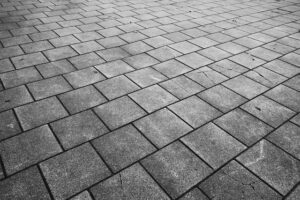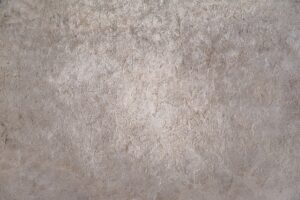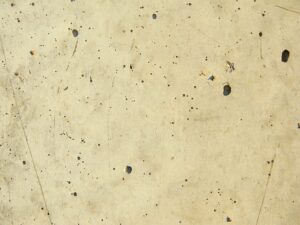Maximizing Efficiency with Insulated Concrete Form Systems in Modern Building Design
Insulated Concrete Forms (ICFs) are a superior building system that integrates high-performance insulation within concrete walls, offering enhanced th…….
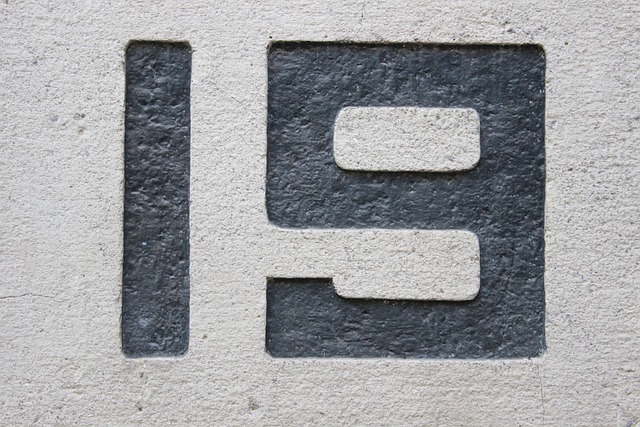
Insulated Concrete Forms (ICFs) are a superior building system that integrates high-performance insulation within concrete walls, offering enhanced thermal efficiency and structural integrity. This results in significant energy savings due to minimized heat transfer, providing residents with improved comfort at lower costs. ICFs are particularly resilient against natural elements like high winds and water, making them ideal for hurricane-prone areas. Their durability, soundproofing capabilities, and adaptability to various construction types—including residential, commercial, and specialized facilities—make them a sustainable, economical, and robust choice for energy-efficient and enduring construction. ICFs support global sustainability goals by reducing carbon footprints and lessening the reliance on HVAC systems. They set a new standard in the construction industry by combining longevity, strength, and sound insulation with energy efficiency.
Insulated Concrete Forms (ICFs) represent a transformative approach in modern construction, seamlessly blending advanced insulation with robust structural design. This article delves into the multifaceted benefits of ICF systems, emphasizing their role in achieving unparalleled energy efficiency and sustainability. From enhanced thermal performance to superior durability and adaptability across diverse climates, ICFs are redefining the standards for building efficiency. As we explore the components, construction process, and environmental advantages of ICF structures, it becomes evident that investing in this technology is not only a strategic choice but also a commitment to future-proofing our buildings. With case studies highlighting real-world applications and cost analysis shedding light on the financial considerations, this article aims to provide a comprehensive overview for those considering the integration of ICFs into their construction projects. Join us as we examine the past, present, and future of this innovative building solution.
- Overview of Insulated Concrete Forms (ICFs)
- The Importance of Energy Efficiency in Modern Construction
- Key Benefits of Using Insulted Concrete Form Systems
Overview of Insulated Concrete Forms (ICFs)
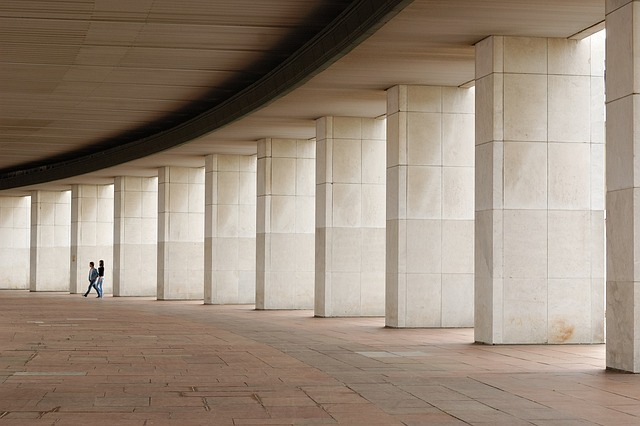
Insulated Concrete Forms, commonly referred to as ICFs, represent a significant advancement in construction technology, offering both thermal efficiency and structural strength. These forms consist of interlocking foam blocks that are filled with concrete during the pouring process, creating monolithic concrete walls with integrated insulation. The result is a building envelope that provides superior energy efficiency, as the high-performance insulation significantly reduces heat transfer, leading to enhanced comfort and lower energy costs for occupants. Additionally, ICFs serve as an effective hurricane tie, offering resilience against high winds and water intrusion. This combination of attributes not only contributes to the sustainability of structures but also to their longevity and performance. The versatility of ICFs makes them suitable for a wide range of applications, including residential homes, commercial buildings, and even specialty structures like underground facilities. Their robust nature ensures that they can withstand various environmental conditions, making them an ideal choice for those seeking energy-efficient, durable, and resilient construction solutions.
The Importance of Energy Efficiency in Modern Construction
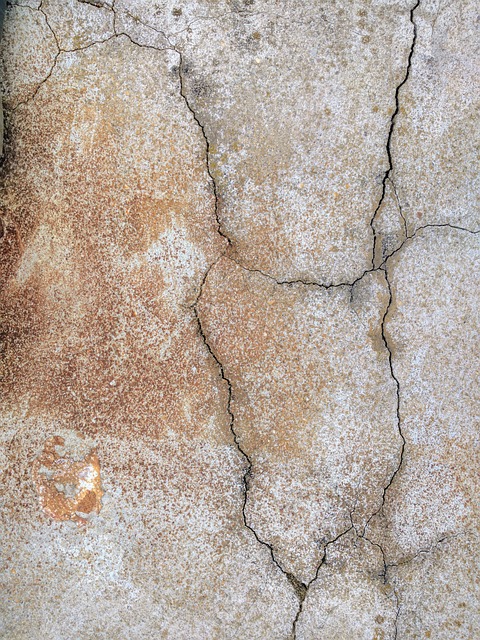
In the realm of modern construction, energy efficiency has become a cornerstone in sustainable building practices. The integration of insulation within the structural framework is pivotal for minimizing energy consumption and reducing environmental impact. Among the most effective solutions in this domain is the Insulated Concrete Form (ICF) system. This innovative construction method offers a high-performance building envelope that combines the benefits of concrete’s durability with superior insulation properties, resulting in exceptional thermal performance. The ICF’s continuous insulation on the exterior walls creates a consistent R-value throughout the structure, which significantly diminishes heat transfer and maintains interior comfort with less energy. This not only leads to reduced heating and cooling costs but also contributes to a lower carbon footprint by decreasing reliance on energy-intensive HVAC systems. Furthermore, ICFs enhance resilience against environmental stresses, providing a stable and enduring platform for the structure. The seamless integration of insulation and structure within ICF technology exemplifies a forward-thinking approach to construction that aligns with global sustainability goals and sets new standards for energy efficiency in buildings.
Key Benefits of Using Insulted Concrete Form Systems

Insulated Concrete Form (ICF) systems represent a significant advancement in construction technology, offering a multitude of benefits over traditional building methods. One of the most prominent advantages is the enhanced thermal performance they provide. The high-performance insulation integrated within the ICF blocks significantly reduces heat transfer, resulting in energy efficiency and increased comfort for occupants. This insulation maintains interior temperatures with less reliance on heating and cooling systems, leading to substantial savings on utility bills over time.
Furthermore, the robustness of Insulated Concrete Forms is unparalleled. These systems offer superior structural integrity due to the concrete’s strength and the interlocking design of the forms. This combination of durability and insulation in a single system ensures that buildings are not only weather-resistant and protected against environmental stressors but also have an extended lifespan. The ICFs contribute to acoustic performance as well, effectively dampening noise from both inside and outside the structure, which is crucial for both residential and commercial settings. The seamless integration of insulation and structure within the ICF system leads to a construction solution that is both environmentally responsible and cost-effective in the long run.
In conclusion, the integration of insulated concrete forms (ICFs) represents a significant leap forward in modern construction, offering an efficient system that harmonizes structure and insulation. The adoption of ICFs underscores a commitment to energy efficiency, a critical aspect in contemporary building practices. Their key benefits, including enhanced thermal performance and reduced energy costs, make them an attractive choice for sustainable development. Homeowners and builders alike are recognizing the value of these systems, which promise durability, comfort, and environmental responsibility. As such, ICFs stand as a prudent investment for those seeking to minimize their ecological footprint while maximizing building performance.
